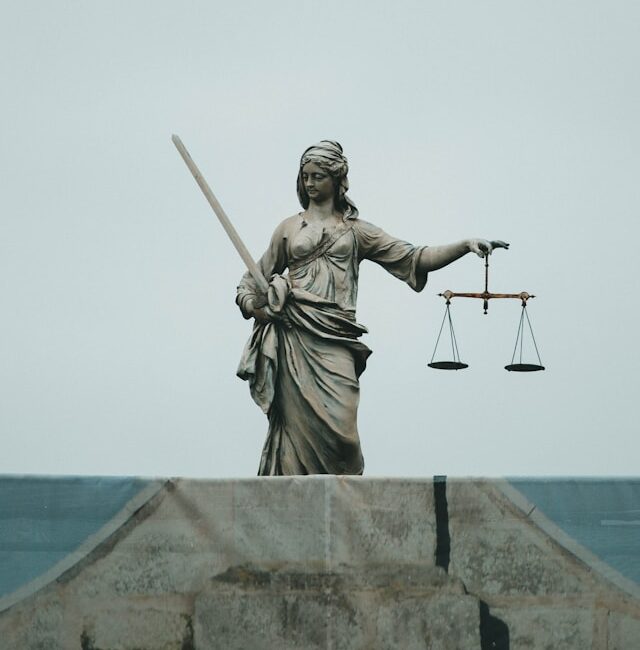Istanbul Bar members charged with ‘terrorist propaganda’ as legal community raises global alarm
The Bar Council of England and Wales has raised alarm over the prosecution of the president of the Istanbul Bar Association and nine of his colleagues, condemning what it describes as a grave assault on legal independence and the rule of law in Türkiye.
The group of ten lawyers, including Istanbul Bar president İbrahim Kaboğlu, are set to appear in court this week at the Marmara prison complex, facing charges of “terrorist propaganda” and “public dissemination of misleading information.” The trial has sparked widespread concern among international legal bodies and human rights groups.
The Council of Bars and Law Societies of Europe (CCBE) has already condemned the case, branding the dismissal of Kaboğlu and other Istanbul Bar Council members after a March hearing as unjustified. Their removal followed public calls for a fair and impartial investigation into the deaths of two journalists—calls the authorities deemed subversive.
Embed from Getty ImagesLawyer Fırat Epözdemir, a prominent figure and former president of the Lawyers for Freedom Association, remains in pre-trial detention after his arrest at Istanbul airport on 23 January. On 8 April, prosecutors filed an indictment accusing him of “membership of an organisation” and “terrorist propaganda.” He now faces a potential 15-year prison sentence.
In a statement issued on 28 May, Bar Council chair Barbara Mills KC voiced deep concern over the developments. “We are gravely concerned about the deteriorating situation facing our colleagues and sister organisation in Türkiye,” she said. “The actions of the authorities constitute a serious attack on the independence of lawyers, their representative organisations and the rule of law.”
Mills urged the international community to act swiftly. “We hope the international community and European institutions will take urgent action to protect lawyers, and we urge the government in Türkiye to respect their international obligations relating to the independence of the legal profession.”
The Istanbul Bar Association, one of the largest in Europe, has long been vocal in its defence of judicial independence and freedom of expression. Its members have consistently condemned government overreach and encroachments on civil liberties. However, that advocacy has increasingly drawn the ire of President Erdoğan’s government, which has tightened its grip on opposition voices following the failed coup attempt in 2016.
This week’s trial marks a new low in the ongoing repression of Turkish legal professionals. Human rights watchdogs have documented a pattern of arbitrary arrests and prosecutions targeting lawyers, especially those involved in politically sensitive cases or who represent clients accused of terrorism-related offences.
The CCBE reiterated its condemnation of the Turkish government’s actions. It stated that prosecuting legal representatives for fulfilling their professional duties not only violates basic human rights but also endangers the public’s right to fair representation in court.
So far, Türkiye has dismissed calls for leniency or reform, framing such cases as part of its broader fight against terrorism. But critics say this label is being misused to silence dissent, particularly among lawyers, journalists and civil society advocates.
With the eyes of the international legal community now focused on Marmara prison, the outcome of this week’s proceedings could further test Türkiye’s already strained relations with European institutions.
As global pressure mounts, the fate of Kaboğlu and his fellow bar members may come to symbolise the broader struggle for judicial independence in a country where the space for dissent continues to shrink





